A research group has found a way to turn plastic waste into jet fuel.
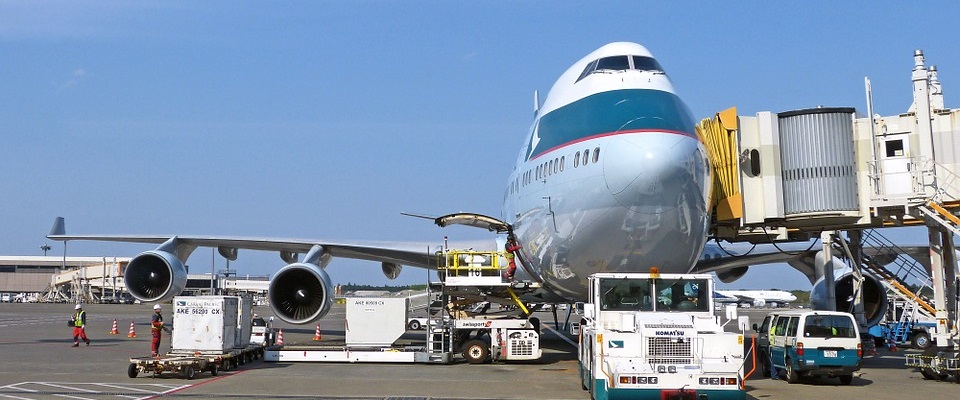

A research group has found a way to turn plastic waste into jet fuel.

Using homogeneous organic dyes as sustainable catalysts opens up new ways for a green hydrogen peroxide-based energy source.

Moving away from our dependence on antibiotics through alternative antimicrobial strategies.

Alongside renewables, nuclear power has the potential to make a significant contribution to our sustainable energy goals.
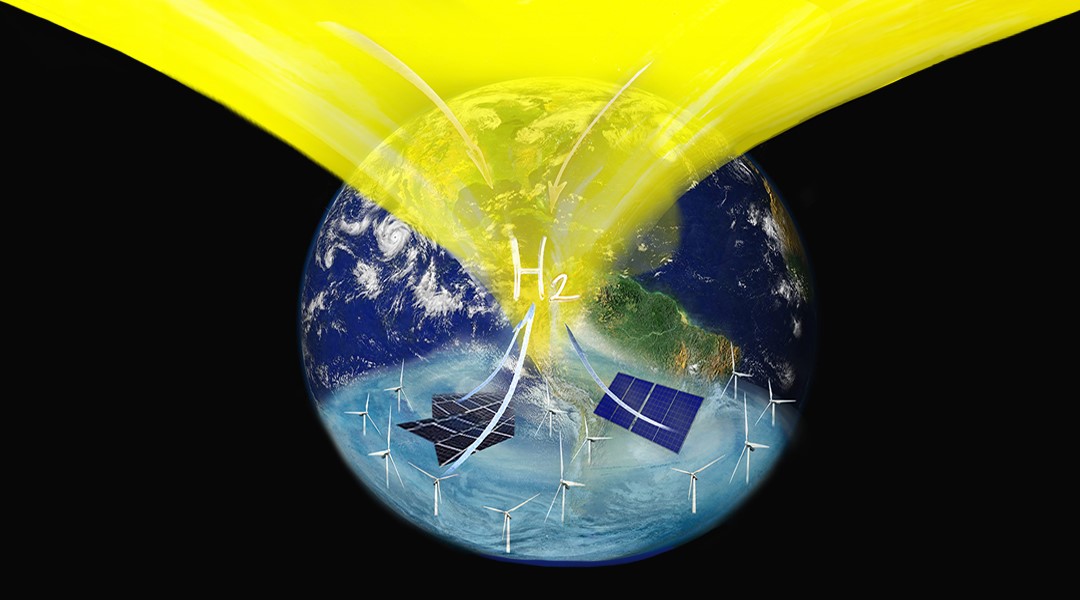
Sustainable Earth. Episode 1: Make Our Planet Great Again; Episode 2: Stop Bullying Life on Earth; Episode 3: Live and Let Live
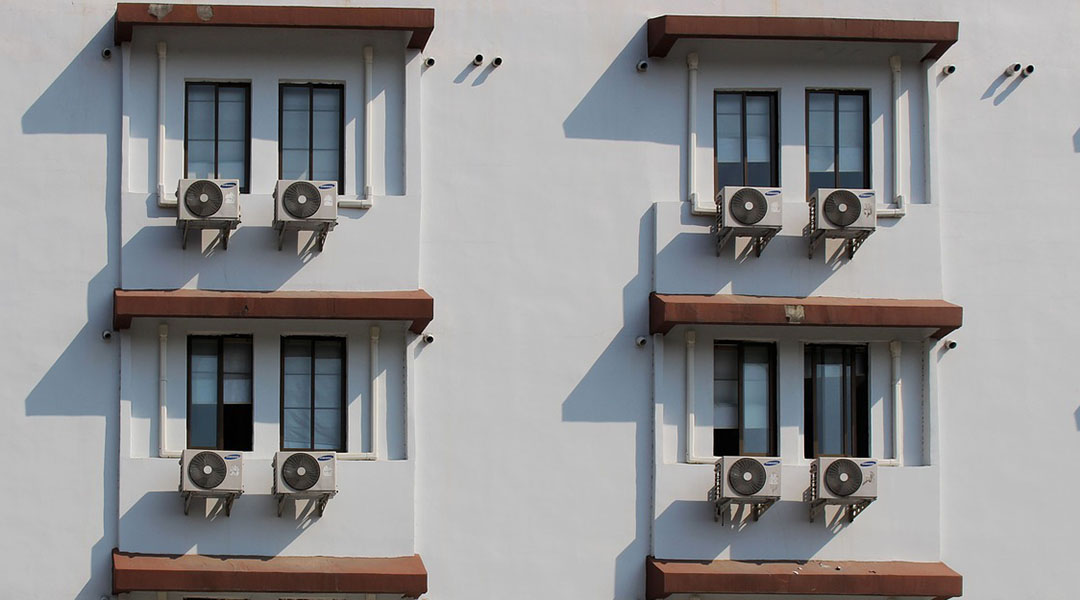
Researchers propose using air-conditioning and ventilation systems for decentralized production of carbon-neutral synthetic fuels.
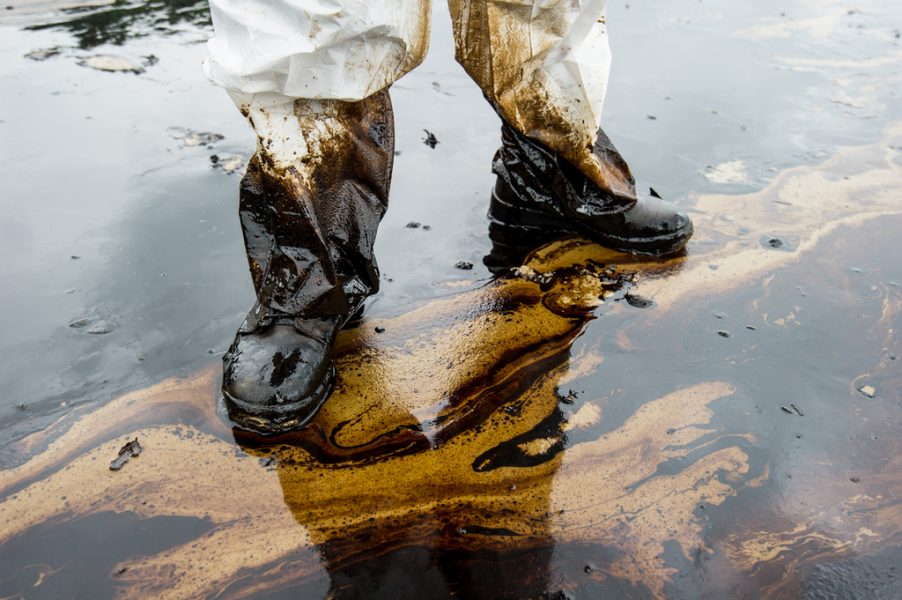
Researchers have developed a gas-phase deposition process to obtain either superhydrophobic or superamphiphilic nanocomposite coatings on filtration membranes.
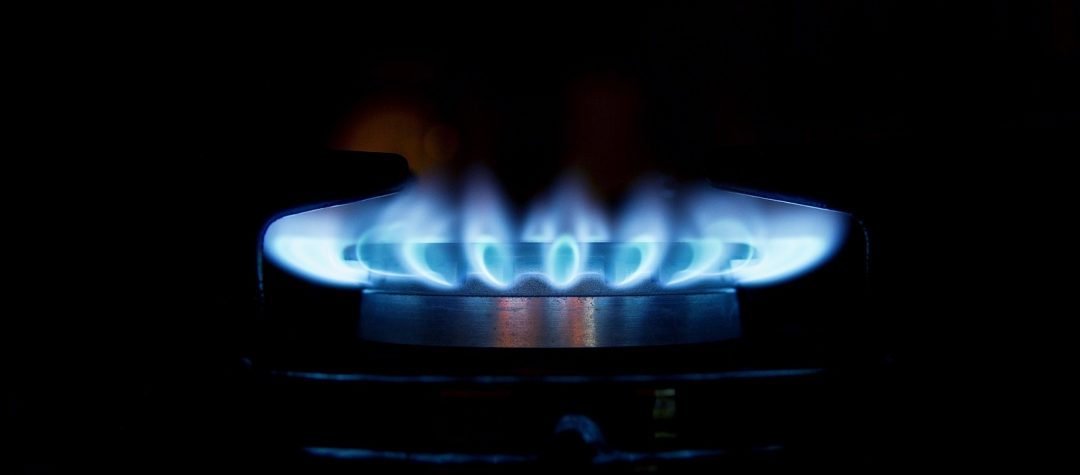
A novel polymer membrane removes impurities from natural gas without the need for toxic solvents.
The new proposal for regulating the European Internal Market for Electricity can motivate the harmonization of the various National markets.
Improving our understanding of hydrologic and biogeochemical processes through nitrate evolution.